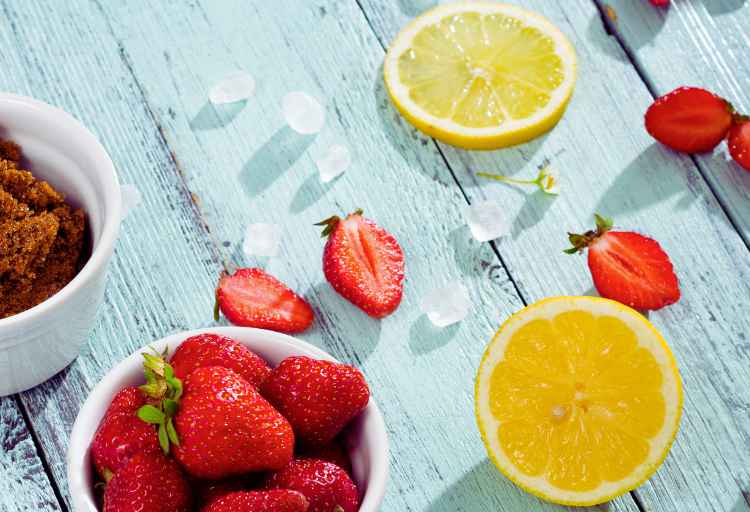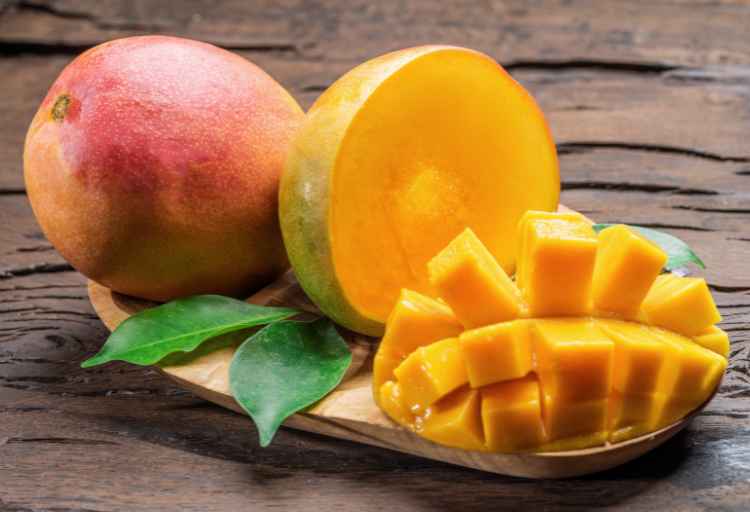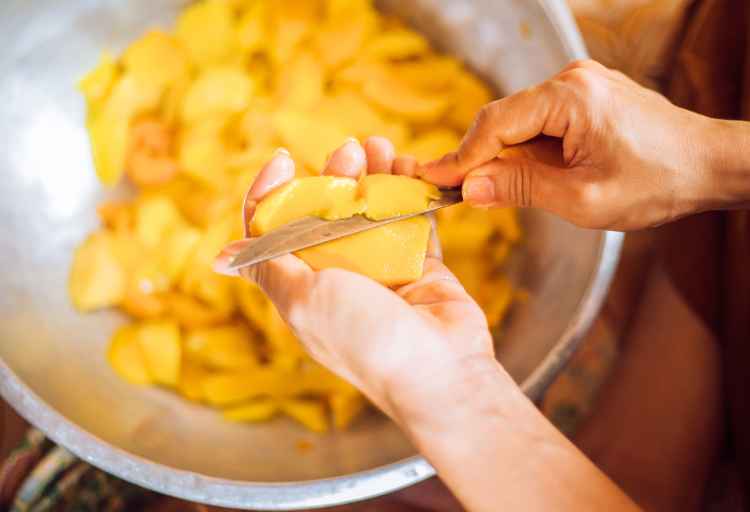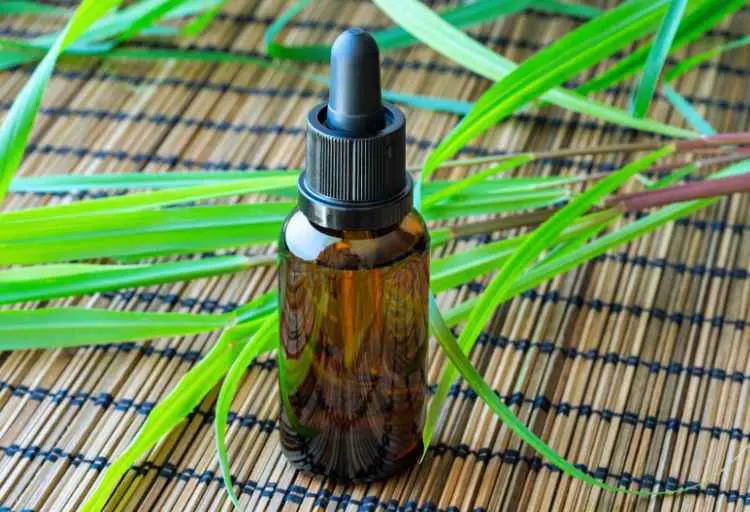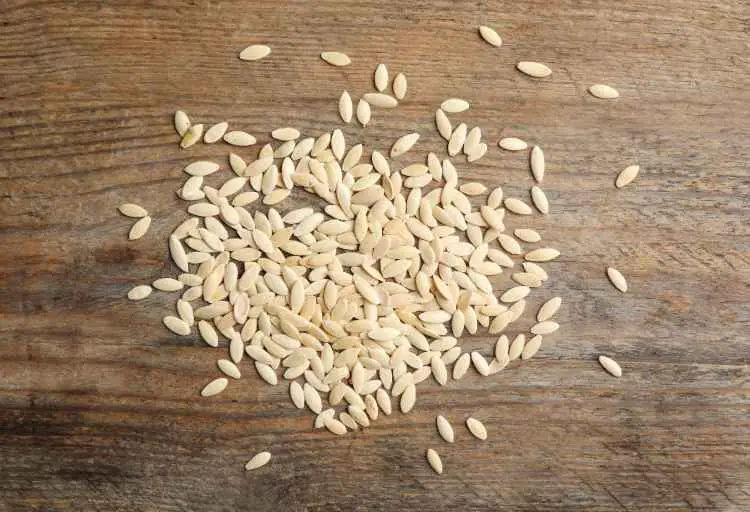Is Lemon Concentrate the Same as Lemon Juice?
Lemons, with their vibrant yellow hue and zesty aroma, are renowned for their culinary versatility. From refreshing beverages to tangy dressings, lemon’s sour-sweet essence elevates various dishes.
In the realm of lemon-derived products, confusion often arises between lemon concentrate and lemon juice.
Is lemon concentrate the same as lemon juice? Lemon concentrate and lemon juice are distinct citrus products. Concentrate is lemon juice with reduced water content, offering intensified flavor, ideal for baking and sauces. Lemon juice is the natural liquid extracted from lemons, used for its fresh, tangy taste in various culinary applications.
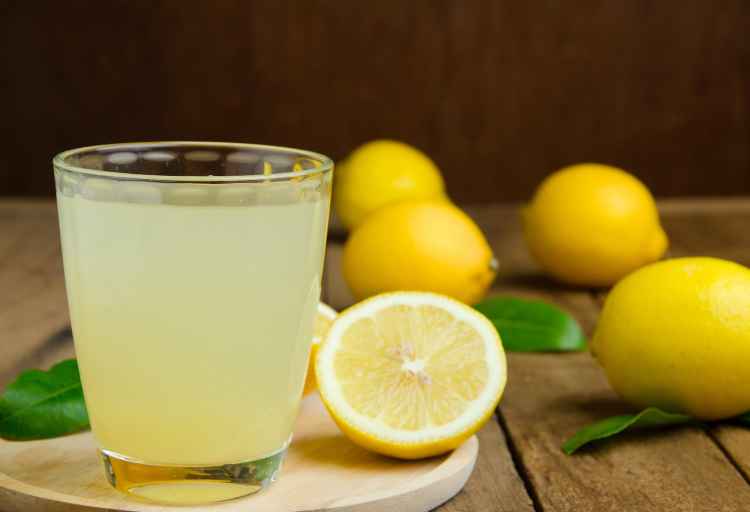
Contents
Is lemon concentrate the same as lemon juice? Unraveling the Differences
Lemon Concentrate: The Extraction Process
Lemon concentrate is derived from lemon juice through a process of reduction and removal of water content. Freshly harvested lemons are juiced, and the resulting liquid is then concentrated by evaporating a significant portion of its water content.
This process transforms the juice into a thicker, more potent form, preserving the lemon’s natural flavors and acidity.
Lemon Juice: The Essence of Freshness
Lemon juice, on the other hand, is the liquid extracted directly from the fruit’s pulp. It embodies the pure essence of freshly squeezed lemons, containing both water and natural sugars.
Lemon juice’s characteristic tartness and subtle sweetness make it a popular ingredient in a wide range of culinary creations.
Flavor Profiles: Concentrated Intensity vs. Fresh Vibrancy
Lemon Concentrate’s Flavor Intensity
Lemon concentrate boasts a concentrated flavor profile due to its reduced water content. The intensified citrus notes and heightened acidity can make it a desirable choice for applications where a robust lemon flavor is desired, such as baking, sauces, and beverages.
Lemon Juice’s Fresh Vibrancy
Lemon juice encapsulates the lively, fresh taste of lemons in its purest form. The natural balance of sour and sweet provides a versatile foundation for both sweet and savory dishes. Its vibrant and immediate flavor is particularly appreciated in salads, dressings, marinades, and cocktails.
Culinary Applications: Where to Use Each
Ideal Uses for Lemon Concentrate
Lemon concentrate finds its niche in applications requiring a potent burst of lemon flavor without adding excess liquid. It’s a valuable asset in baking recipes, where moisture control is essential.
Additionally, it can be incorporated into sauces, glazes, and syrups, imparting a concentrated citrus kick.
Lemon Juice’s Culinary Versatility
Lemon juice’s versatility shines in recipes that benefit from its fresh and tangy character. It’s a staple in salad dressings, where it brightens up greens and balances flavors. Lemon juice also elevates seafood dishes, providing a lively contrast to rich flavors.
Nutritional Aspects: Comparing Lemon Concentrate and Lemon Juice
Lemon Concentrate’s Nutritional Profile
Lemon concentrate retains many of the nutrients found in fresh lemons, including vitamin C and antioxidants. However, its concentrated form means that the nutritional content, while still present, is more potent in smaller quantities.
Lemon Juice’s Nutrient-Rich Offering
Lemon juice is renowned for its high vitamin C content, an antioxidant crucial for immune health and collagen production. It also contains potassium and citric acid, contributing to various health benefits, including aiding digestion and kidney stone prevention.
Storage and Shelf Life
Lemon Concentrate’s Shelf Stability
Lemon concentrate’s reduced water content enhances its shelf stability. When stored in a cool, dark place and sealed tightly, it can retain its quality for an extended period. However, once diluted, it should be refrigerated and consumed within a reasonable time frame.
Lemon Juice’s Freshness Challenge
Lemon juice’s freshness is more fleeting due to its higher water content. To maximize its shelf life, store it in an airtight container in the refrigerator. It’s advisable to use fresh lemon juice within a few days for optimal flavor and nutritional value.
Conclusion
In the realm of lemon-based ingredients, the choice between lemon concentrate and lemon juice depends on your culinary intentions. Lemon concentrate packs a concentrated punch for recipes requiring a potent lemon flavor, while lemon juice offers the unparalleled vibrancy and freshness of the fruit itself.
Each option possesses unique attributes that can transform your dishes, from delicate dressings to bold glazes.
By understanding the differences between these citrus offerings, you can make informed choices that suit your culinary creations, ensuring that your dishes burst with the tantalizing essence of lemons in just the right way.
FAQs
What is lemon concentrate?
Lemon concentrate is lemon juice that undergoes a reduction process to remove water content, resulting in a thicker, more potent form. It retains intensified citrus flavors and is commonly used in recipes requiring a robust lemon taste.
How is lemon concentrate made?
Lemon concentrate is produced by extracting juice from fresh lemons and then evaporating a portion of its water content. This process results in a condensed form of lemon juice that maintains the fruit’s natural flavors and acidity.
Is lemon concentrate more acidic than lemon juice?
Yes, lemon concentrate tends to be more acidic due to its reduced water content. This higher acidity can be advantageous for certain culinary applications, providing a strong citrus kick to recipes.
Can I substitute lemon concentrate for lemon juice?
Substituting lemon concentrate for lemon juice is possible, but adjustments are needed due to the concentrated nature of the product. Consider diluting the concentrate with water to achieve a flavor similar to fresh lemon juice.
Are the nutritional benefits of lemon concentrate and lemon juice the same?
Lemon concentrate retains many of the nutrients found in fresh lemons, but its more potent form means that smaller quantities contain higher nutritional content. Lemon juice, while slightly diluted, still offers substantial vitamin C and antioxidant benefits.

